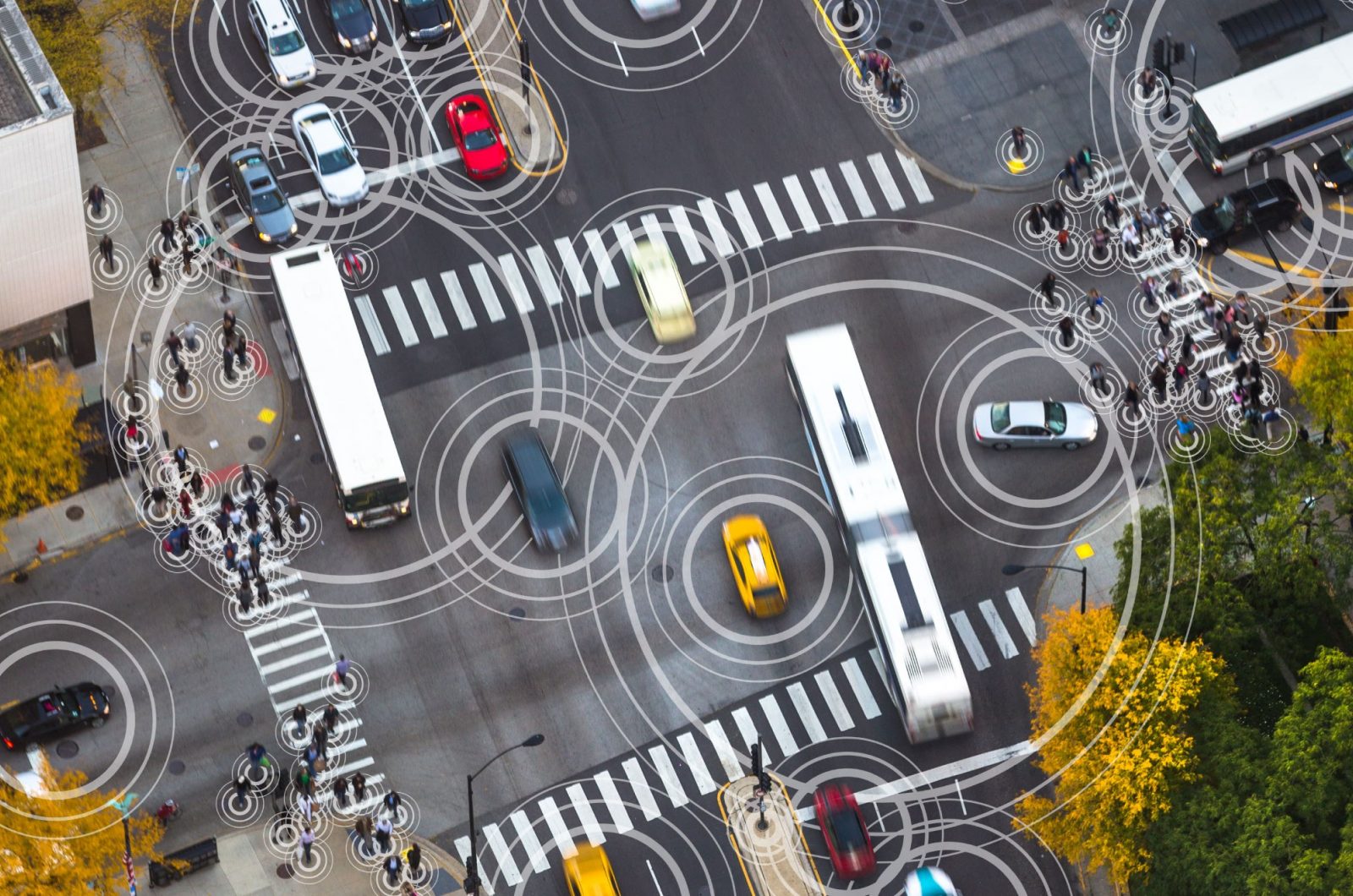The advent of smart transportation, a product of the fourth industrial revolution, has been a game-changer in the transport sector. It has revolutionized the way we travel, promising safer, more efficient, and environmentally friendly transportation. However, despite its numerous benefits, smart transportation faces a myriad of challenges that need to be addressed to fully harness its potential. This article will delve into the complexities and challenges of smart transportation, offering insights into the future of this transformative technology.
- Data Privacy and Security
Smart transportation systems rely heavily on data collection and analysis. While this data-driven approach enhances efficiency, it raises significant concerns about data privacy and security. The risk of data breaches and misuse of personal information is a major challenge that needs to be addressed. Ensuring robust data encryption and stringent privacy policies are crucial in maintaining user trust and promoting the adoption of smart transportation.
- Infrastructure and Investment
The implementation of smart transportation requires substantial investment in infrastructure. This includes the development of intelligent traffic management systems, connected vehicles, and smart roads. However, the high cost of these technologies and the lack of adequate funding pose significant challenges. Governments and private sector players need to collaborate and explore innovative financing models to overcome this hurdle.
- Technological Challenges
Despite the rapid advancements in technology, there are still technological challenges that hinder the full implementation of smart transportation. These include issues related to vehicle-to-vehicle (V2V) and vehicle-to-infrastructure (V2I) communication, sensor accuracy, and the reliability of autonomous vehicles. Addressing these challenges requires continuous research and development, as well as the establishment of standard protocols and regulations.
- Legal and Regulatory Hurdles
The legal and regulatory landscape for smart transportation is still evolving. Issues such as liability in the event of autonomous vehicle accidents, data ownership, and the use of public spaces for smart infrastructure are yet to be fully addressed. Policymakers need to develop comprehensive and forward-thinking regulations that balance innovation with public safety and privacy.
- Public Acceptance
Despite the potential benefits of smart transportation, public acceptance remains a significant challenge. Concerns about safety, privacy, and the potential loss of jobs due to automation are some of the factors that contribute to public resistance. Education and awareness campaigns, as well as the demonstration of the benefits of smart transportation, are crucial in gaining public acceptance.
In conclusion, while smart transportation offers a promising solution to many of the challenges facing the transport sector, it is not without its own set of challenges. Addressing these issues requires a concerted effort from all stakeholders, including governments, private sector players, and the public. By doing so, we can pave the way for a future where smart transportation is the norm, offering safer, more efficient, and sustainable travel for all.
